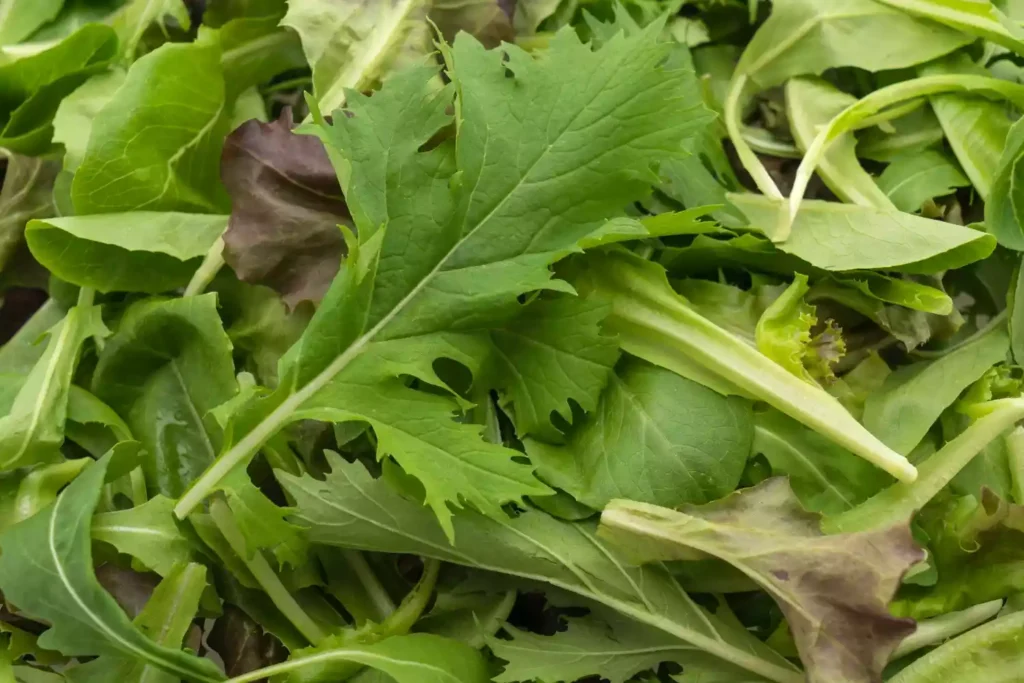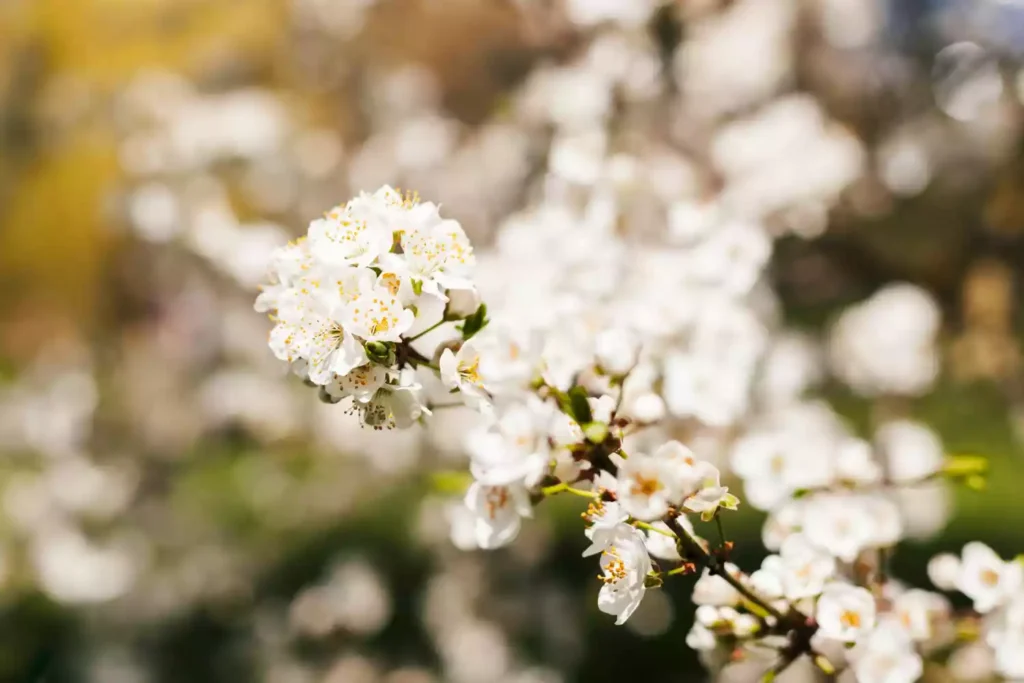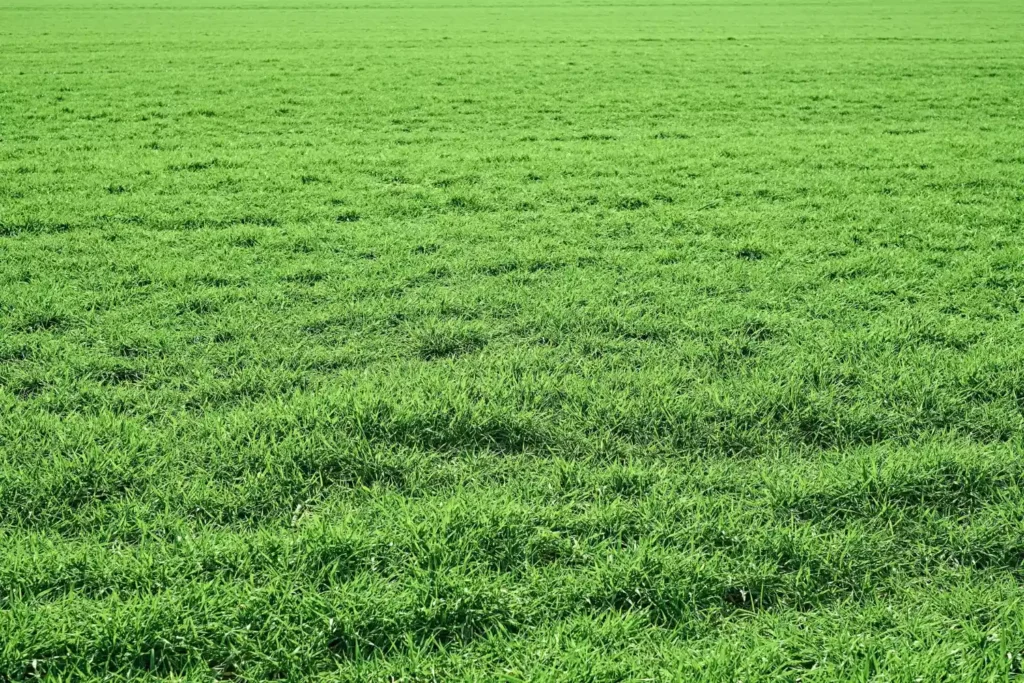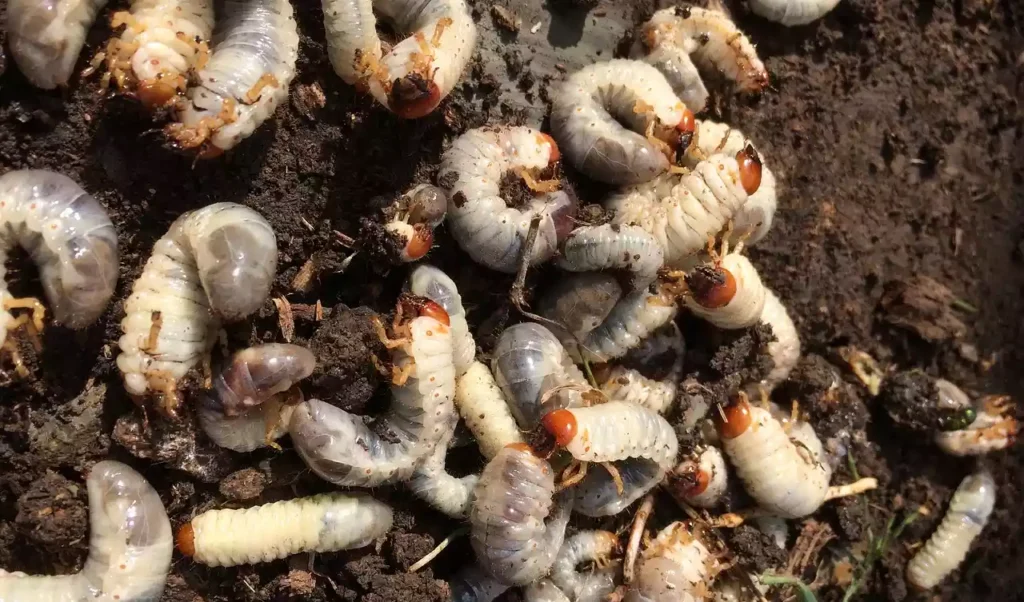Most of the creatures prowling inside the compost pile, including flies, are more or less useful. They influence the decomposition of materials and their conversion into fertilizer. Insects become a problem when, through improper practices or an excess of certain materials, they turn into a veritable plague.
If you’re facing this or a similar problem, you’ll learn how to remedy it and a few ways to prevent the problem in the future.
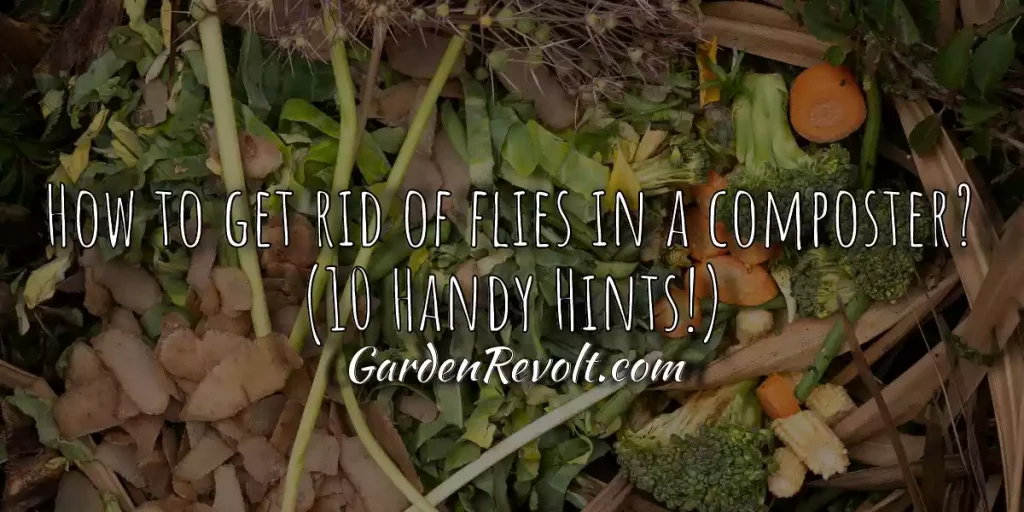
Why do fruit flies love compost?
They are part of the cycle of decaying flora, as adults and their larvae feed on decaying fruit. They are attracted to the smell of overripe or rotting fruit. Even the skins of fruits such as bananas attract these small insects.
Fruit flies also prefer a moist, warm environment where they lay their eggs and their larvae grow and develop into adult flies. Doesn’t that sound like the contents of a compost pile?
A highly recommended article: “Does Compost Smell? (Causes, Guidelines & Practical Solutions)“
If one were to think about what we put in the compost pile, it might turn out to be a veritable Swedish table for fruit flies. Adult flies mate and lay their eggs on rotting vegetation, where the newly hatched larvae will have enough food to feed on.
The catch is that one female fruit fly can lay between 500 and 2,000 eggs. This translates into a huge swarm when they hatch, especially when you consider how many female fruit flies could lay up to 2,000 eggs in the compost.
Fruit flies are admittedly less prone to spreading disease, but there is still a possibility that this could happen, which is why we should keep these insects away from your home.
Indeed, there are a number of steps you can take to minimize the number of fruit flies and avoid them becoming a source of annoyance and frustration in your home and garden.
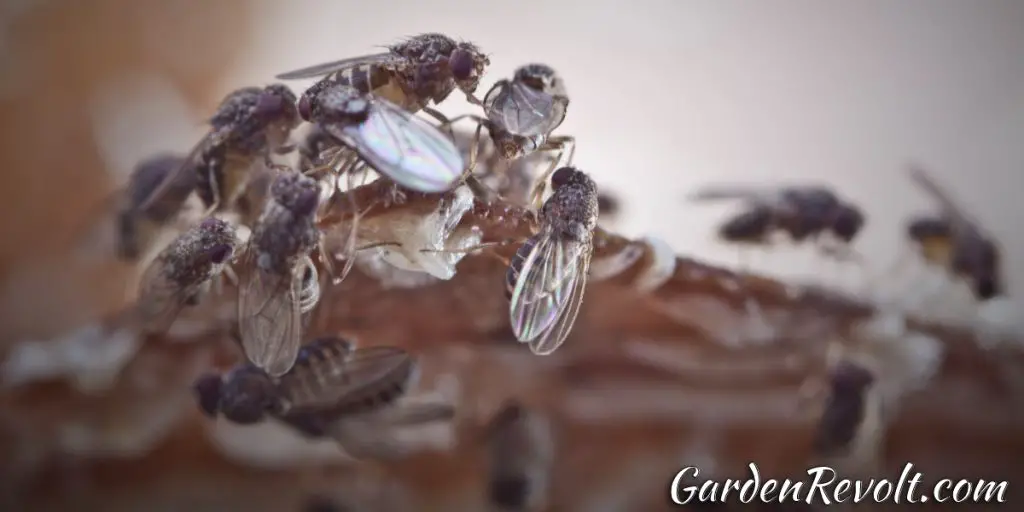
How to Prevent Fruit Fly Invasion in Compost?
In the first place, you should, proverbially, blow the whistle and apply some solutions even before you have a problem with an excess of fruit flies.
Here are some remedies you can try to prevent fruit flies in your compost or scrap bin.
1. Stack compost in layers
This fundamental composting principle prevents fruit flies and improves the final quality of the compost. After placing fresh organic matter in the compost, cover it with a layer of brown materials. Old leaves, shredded paper or cardboard, or even a layer of soil will ensure that the aroma of “green” organic matter will not attract unwanted insects.
2. Wrap scraps before composting
Wrap kitchen scraps in newspaper or paper before throwing them into the compost. The paper will reduce the odors that attract fruit flies, and even if they get inside, they won’t have access to the waste. The paper will decompose along with the scraps.
3. Seal the composter
Compost needs oxygen as part of the decomposition process, but you can seal the vents of your compost bin to protect it from fruit flies. You can cover the composter’s vents with a piece of mosquito netting. This will both allow air to flow through, and incidentally prevent flies from accessing the compost.
A must read if you got ants in your compost bin: “Is it okay to have ants in your compost? (8 methods to Fight Ants!)“.
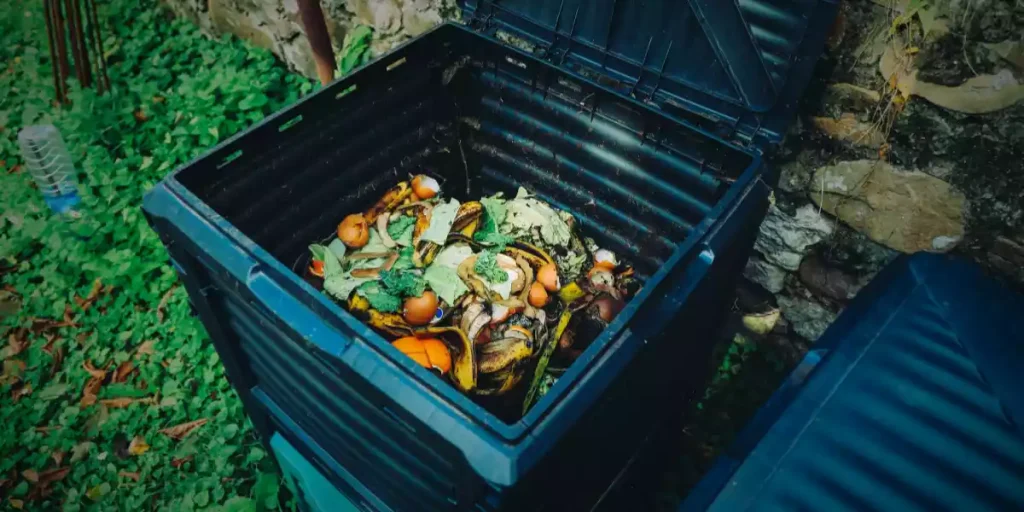
How to get rid of fruit flies from the compost bin?
If your compost bin is already “infested” with fruit flies, here are a couple of ways to get rid of and prevent the perpetuation of this problem. It is important to realize that the problem is not only the flies that are currently flying around. There are probably plenty of eggs in the compost or scraps bin destined for compost, just waiting to hatch more litters.
Here are some tactics and strategies you can use to minimize the problem and reduce the number of fruit flies.
- Expose your compost pile to direct sunlight.
Fruit flies like a warm environment (but not hot). The temperature inside the compost bin will rise quickly, killing the fruit fly larvae inside the composter.
If by now your compost bin is in a shady spot and you’re struggling with an overabundance of midges, I suggest you set out another sunny spot for it.
- Create a vinegar trap.
Each adult fly caught in the trap is one less fly that will be able to breed and lay eggs. Pour apple cider vinegar into a glass jar; you only need about an inch of liquid at the bottom. Add two or three drops of dishwashing liquid to break the surface tension. Cover the top of the jar with clear plastic wrap and poke a few holes. The fruit flies will go inside the jar, but will not get out – they will drown in the liquid. Place the trap jar somewhere near your compost bin.
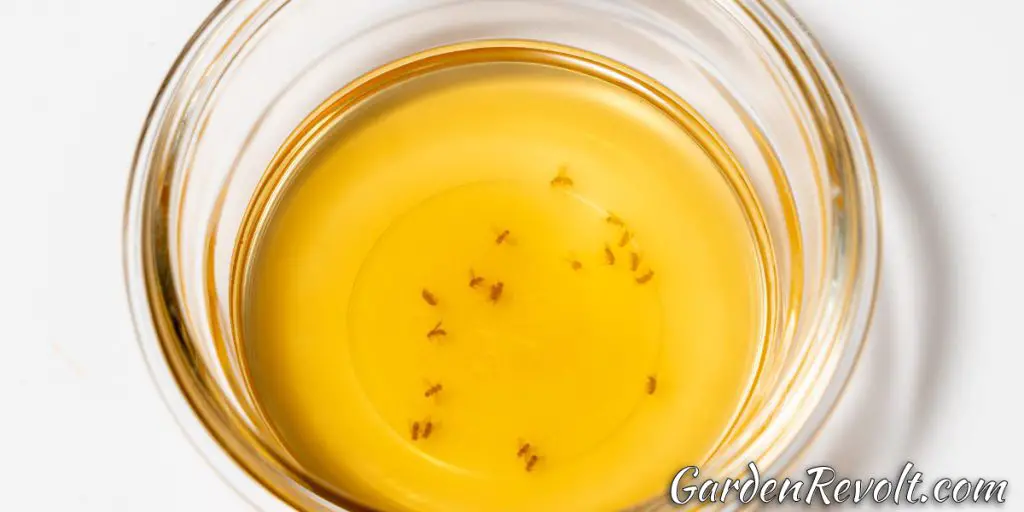
- Create a fruit trap.
If you don’t happen to have apple cider vinegar at home at the moment, you can create a similar trap by placing sliced fruit or banana peel in a jar and sealing it in the same way as the vinegar trap. Place it somewhere near your compost bin. The flies will fly inside and stay there.
- Freeze kitchen waste before composting.
Fruit fly eggs and larvae can get into your home on fruits and vegetables you buy at the store. Before composting leftovers from these products, place them in a plastic bag and put them in the freezer overnight. This will kill any eggs and larvae and prevent them from getting into the compost.
- Put a sprig of fresh mint in the compost.
Fruit flies hate the smell of peppermint. Fresh mint will spread a strong aroma in the bin or compost heap and deter fruit flies. It will definitely help for a while.
- Plant repellent plants nearby.
Fruit flies hate the smell of basil, peppermint, lemongrass and lavender. Planting these plants around your home and compost pile will help keep unwanted fruit flies away.
- Essential oils.
For an immediate effect, use essential oils of lavender, lemongrass, eucalyptus or peppermint. This will keep fruit flies at bay. A drop or two rubbed around areas where flies could get into the compost bin will keep them away. You can also use an essential oil diffuser in your apartment – this will deter flies and make them less likely to come in.
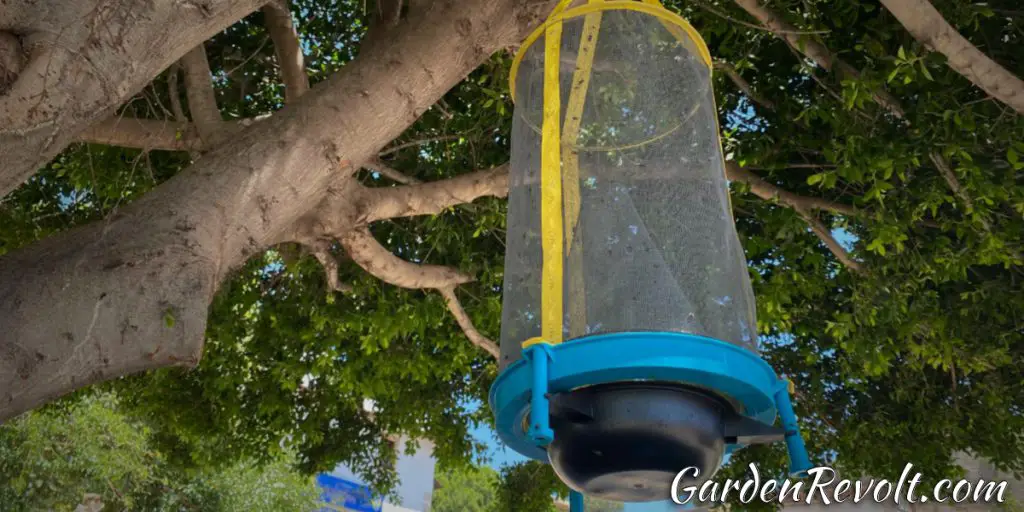
Are fruit flies in compost good or bad?
Although fruit flies can sometimes be a major nuisance, in the process of decomposing organic matter in compost these creatures are actually beneficial.
Like earthworms, these flies and their larvae eat rotting and decaying vegetation, and their droppings become nutrient-rich fertilizer.
As a result, the presence of fruit flies in compost can be beneficial to the decomposition of organic matter.
When can fruit flies become a problem?
The life cycle of a fruit fly from egg to adult takes a little more than a week, usually about 10 days. This is the reason why they can quickly become a plague!
Fruit flies like warm and humid conditions, with plenty of food available. This means that in regions with warm climates, fruit flies can reproduce all year round. However, their most fertile period is in the second half of summer.
Under natural conditions, this is the time when there are overripe and even rotten fruits on the ground under the trees.
The microclimate inside a closed (with a lid) compost bin, combined with readily available food and a protected environment, make your compost bin attractive to these insects.
Fruit flies are small, allowing them access to the compost bin through vents or gaps where lids are not properly sealed.


